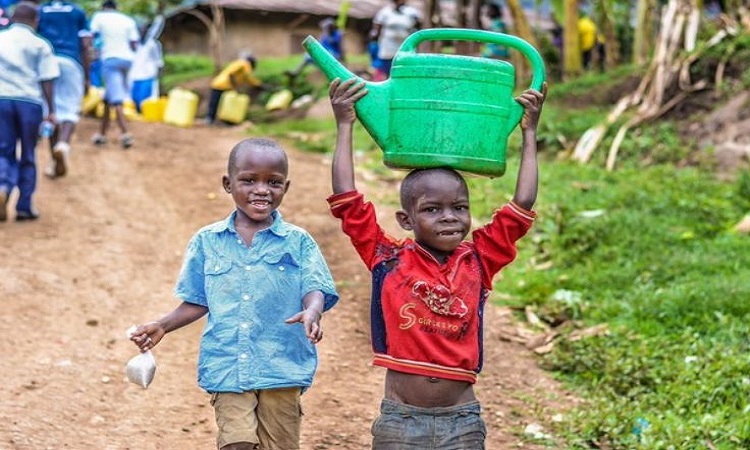Poor children have poorer health, educational outcomes in adolescence
A new investigation conducted by UCL academics indicates that Generation Z youngsters born into the lowest fifth of families in the UK are 12 times more likely to experience a slew of bad health and educational outcomes by the age of 17 than their more affluent classmates. Read further on Dynamite News:

Washington: A new investigation conducted by UCL academics indicates that Generation Z youngsters born into the lowest fifth of families in the UK are 12 times more likely to experience a slew of bad health and educational outcomes by the age of 17 than their more affluent classmates.
The study, published in The Lancet Public Health, used data from the Millennium Cohort Study, a major study of more than 15,000 children born after the new millennium (September 2000 - January 2002) who are now in their early 20s.
Researchers collected data on five adverse health and social outcomes in adolescents aged 17 years, which are known to limit life chances: educational achievement, smoking, poor health, obesity and psychological distress.
Children who were most disadvantaged between the ages of 0-5 were four and a half times more likely to do worse at school at the age of 17 compared to those in the highest income group. And they were three and a half times more likely to start smoking.
Also Read |
Researchers reveal childhood trauma raises risk of chronic pain in adulthood
Those born in the lowest income quintile group were also more likely to have a harmful cluster of vulnerabilities at age 17 and were 12 times more likely to experience all - or all but one - of the five adverse health and social outcomes examined by researchers, compared to those born in the highest income quintile.
However, lifting families with children from the poorest income quintile group to the next poorest group would only result in a modest reduction in the clustering of multiple adolescent adversities (4.9% according to the scenario model).
Consequently, the researchers advocate co-ordinated action on childhood disadvantage across health, education, social care and other public services, across the social spectrum.
The researchers suggest that policymakers should, as a minimum, aim to prevent absolute poverty in childhood, characterised today by widespread food and fuel poverty. They argue this is a necessary step but insufficient without a concerted effort to deliver coordinated public services to disadvantaged communities.
Also Read |
Researchers find link between adverse childhood experiences, muscle dysmorphia
Professor Eric Brunner (UCL Institute of Epidemiology & Health) said: "Almost a third of children in the UK lived below the poverty line in 2019-20, as housing costs and childhood poverty continued to rise. The consequences in relation to future health inequalities (in diabetes, heart attack, cancer, and multimorbidity) are evident in stark terms in the experience of the Millennium Cohort. Social fragmentation on the scale we see it today is not a good plan in any sense."
Professor Richard Cookson (Centre for Health Economics, University of York), said: "To improve life chances, reduce inequality and unleash human potential, the UK government needs to find imaginative ways of providing support to the pre-school population right across the social spectrum - not only through the tax and benefit system but also through coordinated public service delivery across organisations together with employment and housing reform." (ANI)
 Dynamite News
Dynamite News 